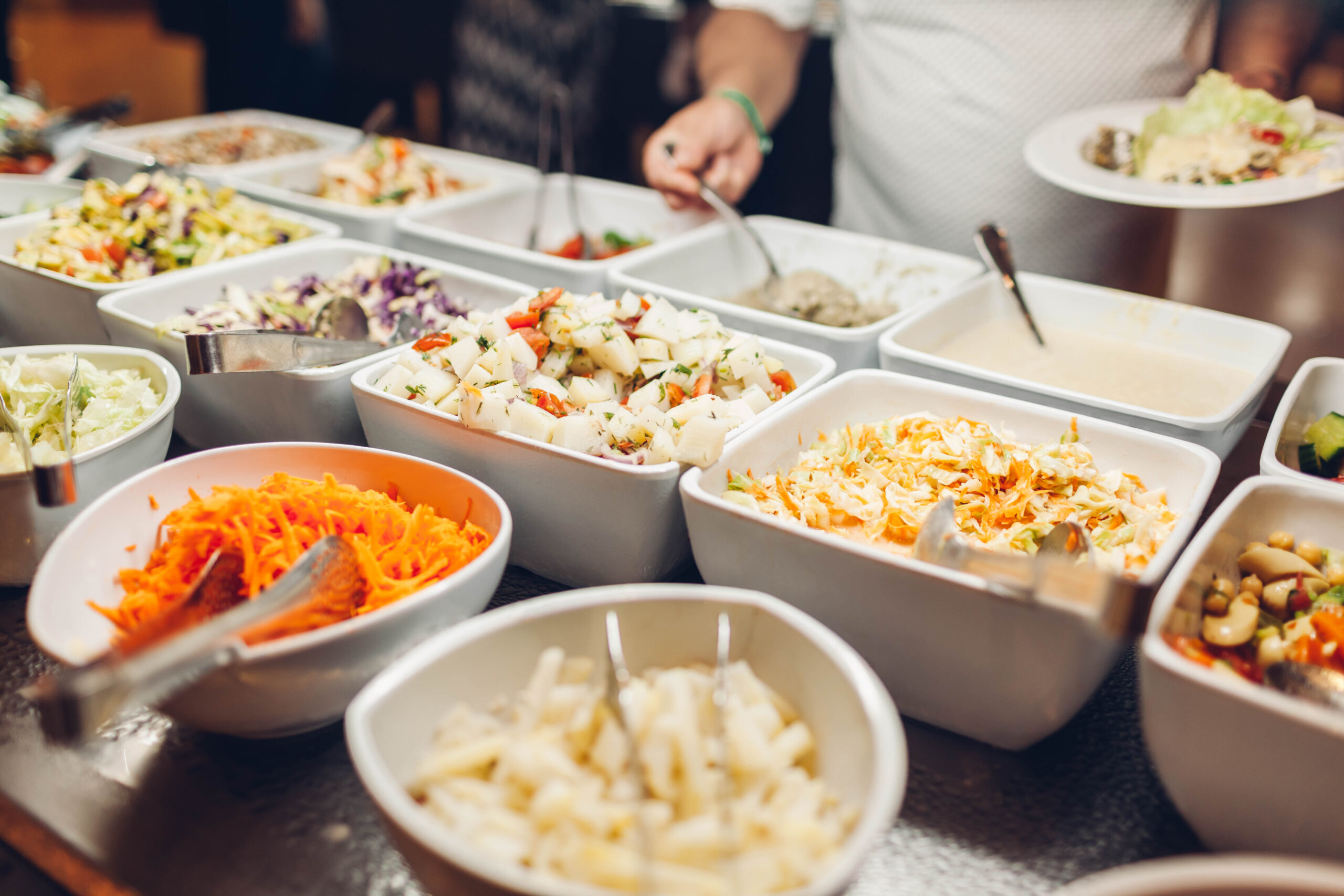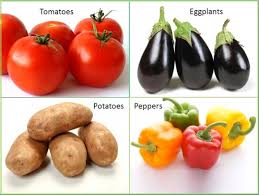

A little bit about Nightshades:
A large family of plants grown in the shade of night called Solanaceae. These vegetables and fruits contain a substance, called alkaloids, which may be responsible for some health problems including muscle pain, morning stiffness, poor healing, acid reflux, insomnia, gallbladder problems, arthritis and other inflammatory problems.
These alkaloids are produced by the plants to protect them from harmful insects.
However, these substances can have strong physiological effects in humans.
There are four basic types of alkaloids found in nightshade plants. These types are:
(1) Steroid alkaloids, which contain a fairly complicated fused ring structure and are found in most food nightshades including potato and tomato.
(2) Tropane alkaloids, all originating from the simple amino acid ornithine and found in fewer of the overall nightshades, but more extensively researched due to their strong drug-like properties
(3) Pyrrolizidine alkaloid.*
(4) Indole alkaloids.*
*Both important groups from a drug standpoint.
Solanine
Solanine is the toxin (Glycoalkaloid Poison) contained in all nightshade plants such as tomatoes, potatoes, and goji berries. It can occur naturally in any part of the plant, including the leaves, fruit, and tubers. Solanine has fungicidal and pesticidal properties. Again, it is one of the plant’s natural defenses.
[As it turns out, the healthy divine little blueberry fruits are not a nightshade plant, but they do contain solanine. Other non-nightshade plants that contain solanine includehuckleberries, okra, artichokes and ground cherries.]
Nightshade Vegetables:
Nightshade Fruits:
Herbs / Plants:
The point of putting this all down in list form is to help you sort out what in your diet might be causing you to suffer from muscle pain, morning stiffness, poor healing, acid reflux, insomnia, gallbladder problems, arthritis and other inflammatory problems.
Other forms of ‘food’ that can contain solanine:
Medicines and Chemicals:
Not to be mistaken for Nightshades:
Another note on starch:
Shredded Cheese often contains potato starch, food manufacturers add it so the cheese will not clump. I now buy my cheese in blocks and shred it myself. I often pre-shred small amounts from the block. A little extra work yes, but avoiding the muscle pain and belly aches are worth the work.
Solanine cannot be destroyed by cooking at high temps. So you will notice that I will be very cautious about adding nightshades into my diet. When I do it will be in small amounts.
Have questions? Want to know if you should avoid nightshades too? Feel free to schedule a complimentary consultation with me today!

The Holistic HIghway integrates traditional Western medical practices with Ayurveda medicine, creating a focus on prevention through nutrition, diet, and exercise; use of the latest genetic testing and other diagnostic techniques; and prescribed combinations of botanical medicines, supplements, therapeutic diets, detoxification programs, or stress-management techniques.

Integrative Health Expert | Ayurveda Practitioner | Author | Speaker
Kerry is a globally recognized leader in integrative medicine and the science of health known as Ayurveda. She is passionate about raising awareness of the need for a change in contemporary medicine that focuses on patient empowerment and a health-based (rather than disease-based) medical system.
Kerry is connected with The University of Pittsburgh Center for Integrative Medicine and remains a pioneer in the field of integrative medicine where she has developed a personalized system to manage chronic disorders by incorporating fundamental changes in diet, behavior, and stress while focusing on genetics.
This individualized program is so successful that many of her clients have achieved maximum healing and vitality after years of chronic problems!
More to Explore
Contact
Disclaimer
The sole purpose of all the website content is to educate and provide information about Integrative Health, Genetics and Ayurveda.This information is not intended for use in the diagnosis, treatment, cure. or prevention of any disease.
Stay Connected
One Response
I wonder, since nightshades are a staple in hot food, are there any studies of people who eat hot foods regularly, like Mexico, Thailand,Nepal as to how this affects them? I dont see any reports of Mexicans or Thai people suffering with these aliments.